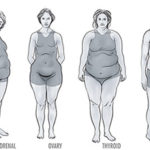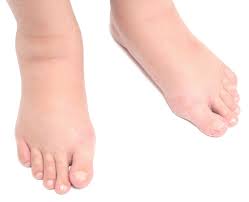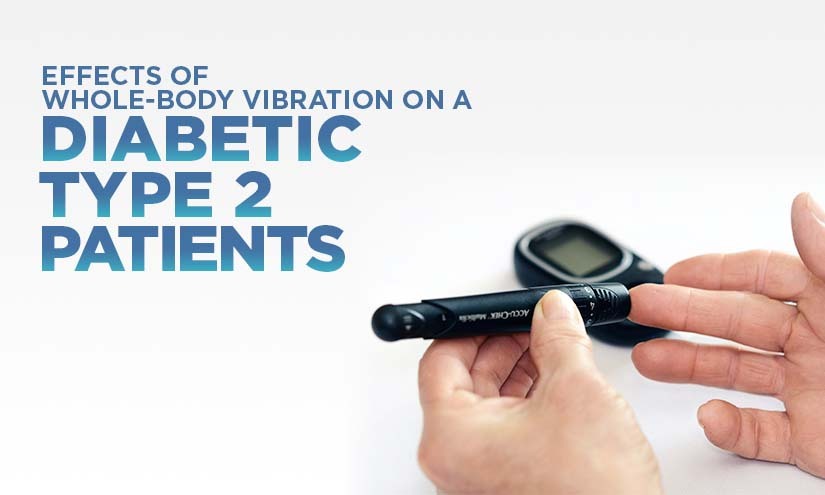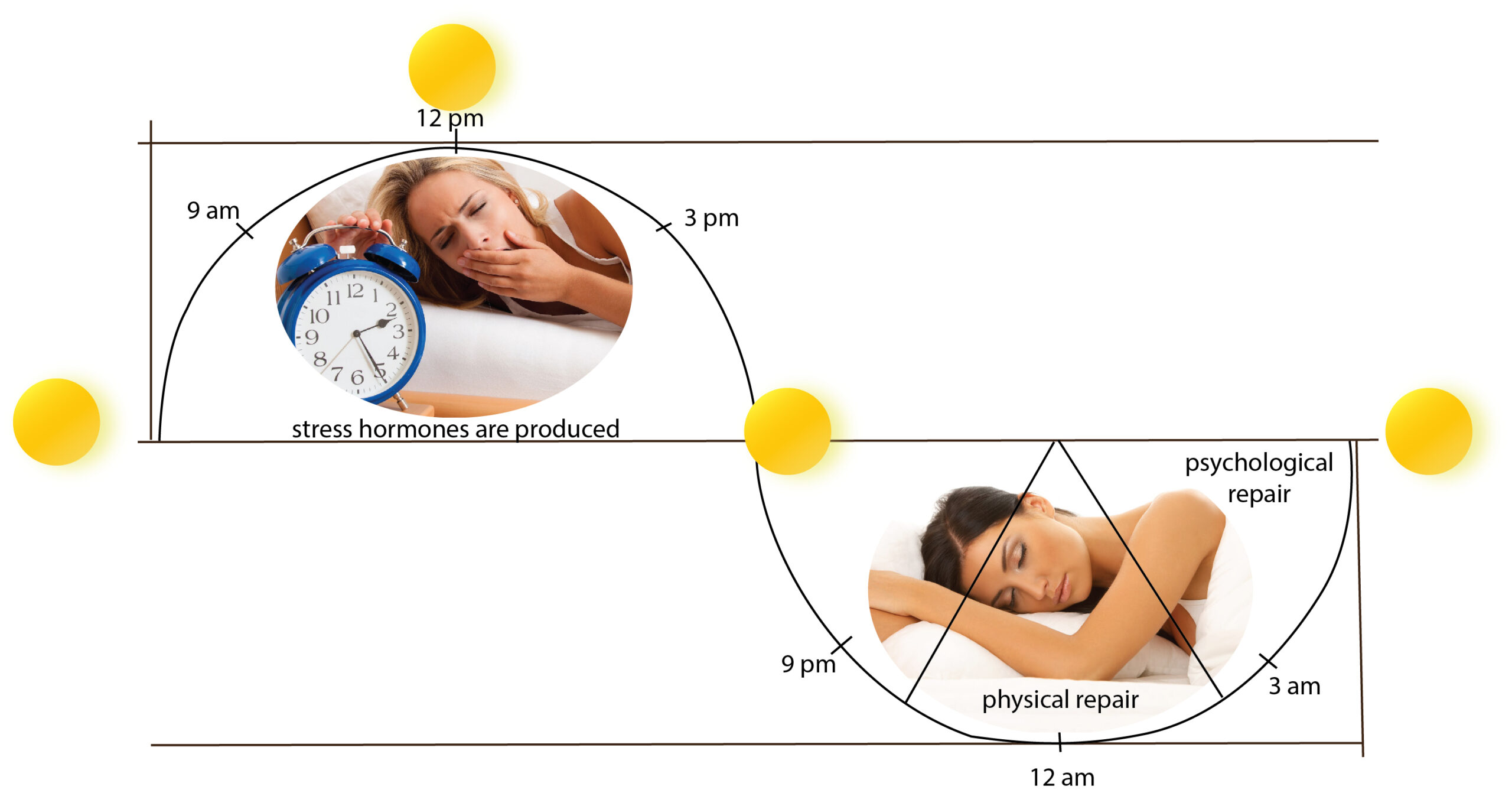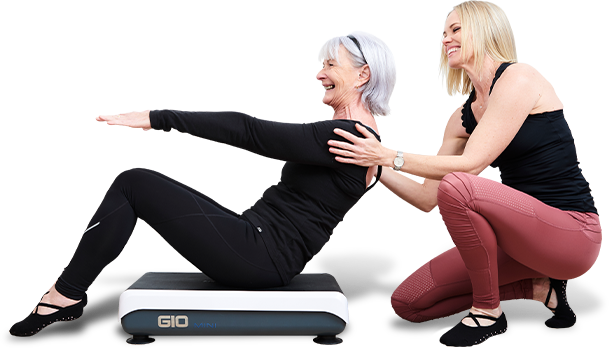Bed rest is welcome whenever you feel too tired to do anything and want to replenish your energy reserves, or you’re recovering from an injury and don’t want to risk any complication. However, prolonged bed rest is not always beneficial to the human body; on the contrary, spending several days in immobility leads to a series of effects that are scientifically referred to as “deconditioning”, and these effects can severely affect your organism.
Although one may believe that the muscles are the only ones affected when a person is bedridden, the lack of physical activity can also affect the cardiovascular and respiratory systems, the digestion, renal function, nervous system, skin and immune function.
For this reason, doctors recommend patients who are recovering from injuries to begin physical therapy as soon as they can move. There’s no need for these patients to perform complex exercises during the recovery period: any form of physical activity is good as long as it exposes the body to gravity and forces the bones and muscles to support the body in the upright posture.
But why it is so important for one’s body to be exposed to gravity instead of lying in bed for several days?
Prolonged bed rest leads to deconditioning, affecting the body in several ways
The easiest to guess the effect of prolonged bed rest is the weakening of muscles and bones, who no longer have to work against gravity. When standing, the weight of your body, including internal organs, the muscles of the upper body, the skeleton of the upper body, are all carried by the lower body.
If these muscles no longer have to support the rest of the body, they get weaker rapidly, muscle strength decreasing as much as 20-30% in only a week of complete bed rest. The worse part though is that it usually takes longer to rebuild the strength and tone, and the weakening of muscles doesn’t have effects only on one’s appearance.
The fact that you will look more fragile and less toned is the last thing you should worry about if you have to spend several days in bed. The weakening of bones and muscles leads to balance and coordination problems and alters the gait pattern as well, increasing the risk of falls and fractures. Cartilages can also get damaged and joints can suffer from prolonged bed rest just as much as bones and muscles.
Speaking about muscles, deconditioning doesn’t affect skeletal muscles only. The heart also suffers in bedridden patients, as this leads to a reduction in the volume of blood that is pumped from or returns to the heart. The heart rate usually increases by about 10 beats per minute, and it may take weeks of exercise for people to recondition their cardiovascular system.
Given that blood tends to stagnate in the lower body for longer, dizziness can appear whenever the subject stands up. The oxygen uptake decreases thus the body receives oxygen in a less efficient volume, and fatigue sets in faster. If bed rest is continued for several weeks, the blood’s composition can get altered and the fluid can become thicker and more likely to form clots.
Circulation and respiratory problems, common in bedridden patients
When standing, the blood and all the other fluids in the body are exposed to the effects of gravity, just like muscles and bones. This ensures proper circulation of blood and lymph, but spending too much time in the same position, or sitting for prolonged periods, fluids more down into the limbs and may accumulate if one’s circulation isn’t the best. Sitting for several hours can favour water retention in the legs, and a similar thing happens when someone is bedridden for days or weeks.
When someone spends several days lying in bed, the fluids move from the legs towards the abdomen. Since the muscles don’t do any effort, the excess fluid isn’t efficiently removed from the body, therefore the volume of fluids in the trunk and chest increases. This means an increase in the volume of blood that returns to the heart and increased blood pressure.
The fluid that builds up in the chest affects the lungs as well, decreasing the lung volume and leading to difficult respiration and accumulation of mucus. When the patients return from the supine position to a standing position, the blood moves downwards into the limbs, as a result of gravity, and this causes a rapid drop in arterial blood pressure. Dizziness and fainting can result, as symptoms of postural hypotension.
Spending several days in supine position affects the skin and digestion
It’s not hard to understand why skin is affected by prolonged bed rest. Spending several days in supine position increases the pressure on certain skin areas, favouring the occurrence of bedsores, which are skin ulcers. The triggers, in this case, are the pressure exerted by the body and the reduced blood supply to those skin regions.
The decreased mobility and fluid intake may lead to constipation and ineffective digestion, appetite being also affected in bedridden patients. Dehydration can occur and urination can become less effective, as the bladder tends to retain fluid instead of emptying it. This can cause urinary tract infections and increase the risk of bladder and kidney stones.
Given all these negative effects of prolonged bed rest, one is encouraged to start moving and doing rehabilitation exercises as soon as their health state improves. For healthy people, the recommendation is to try to spend as much time as possible in a standing position, as this exposes the body to the positive effects of gravity and prevents a long list of health issues.
Have something to add to this article? Comment below or join our Facebook community and share your thoughts with us!


